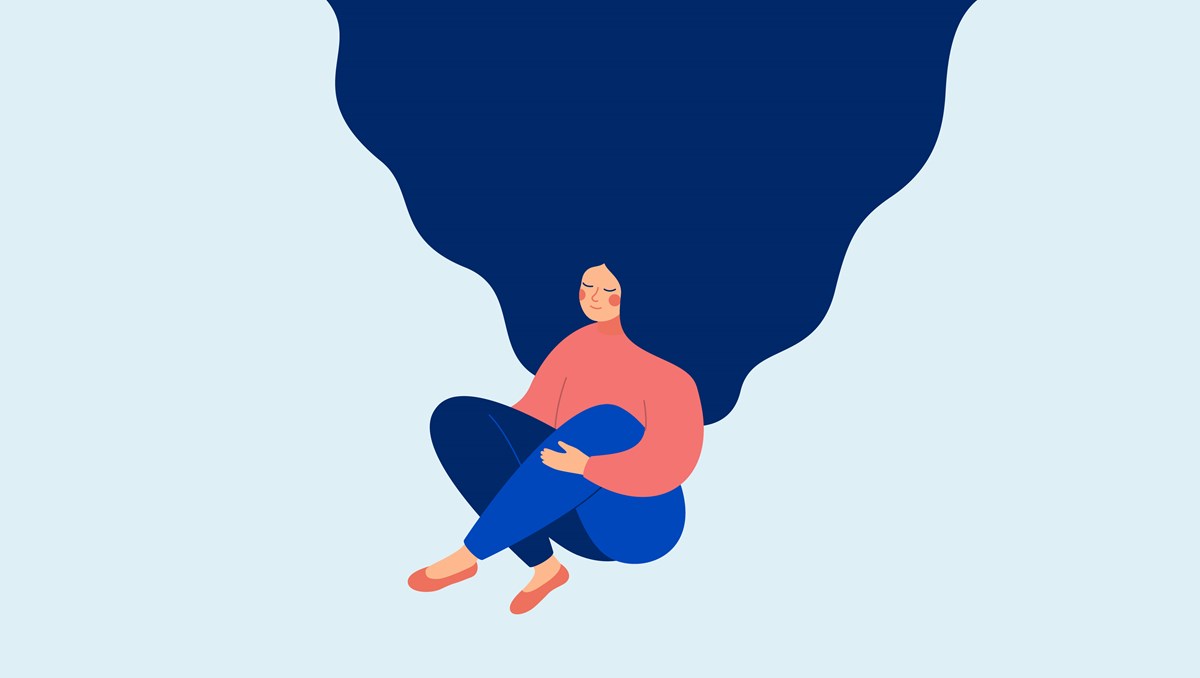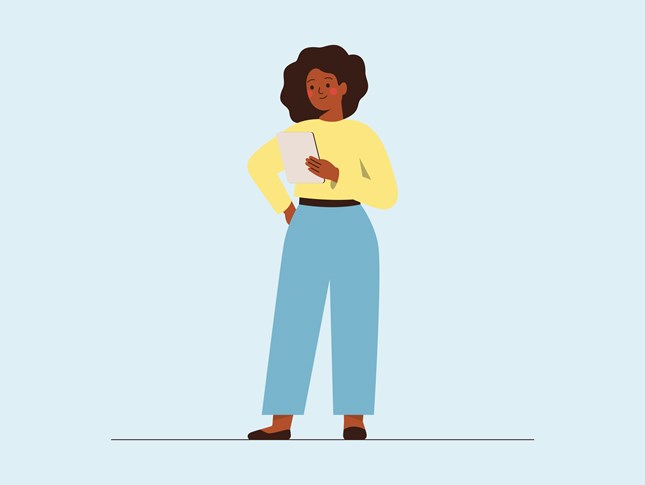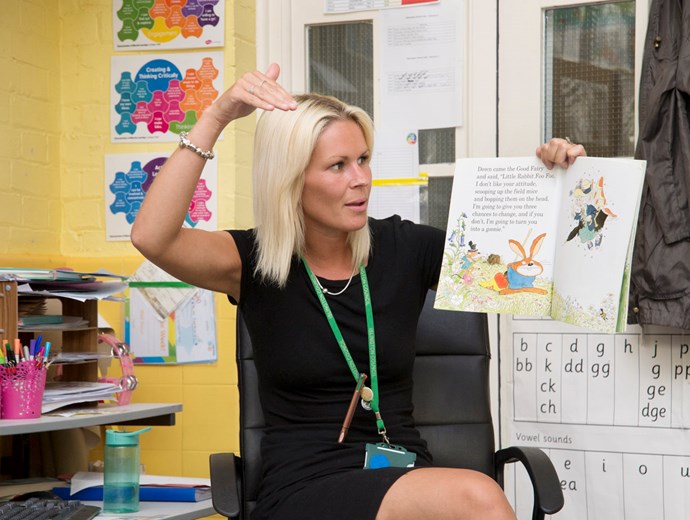Sian Marie's story: support from our helpline when at her lowest
Sian Marie tells us how phoning our helpline helped keep her alive.
Your stories / 4 mins read

Sian Marie was treated badly by several members of staff at her school following a promotion. She was having panic attacks daily, and called our helpline.
She’s since used it and our online resources to help manage her OCD and ADHD, and keep working at the same time. She believes she is here to help the current and next generation understand poor mental health better, and says that when she called the helpline, it was the first time she ever felt someone was truly listening to her in relation to her mental health.
The woman I spoke to really knew what it meant to be a teacher. It was really, really special. Other people don’t understand so they make suggestions to help your mental health that just don’t work if you’re a teacher, but the person on the phone knew and understood. I felt she wanted to listen to me, as a person and a teacher, and it really helped.
My teachers made such a difference to me at school - which inspired me to teach. I found a busy and fulfilling job at a secondary school in London and was promoted after a few years. That same year, my father had a stroke following life saving treatment and things got really tough both personally and professionally. At school, I put my head down to try to get through it and concentrate on doing a good job, and lost friends as a result. I was getting shouted at by senior leaders and blamed for things that weren’t my fault and my mental health started to deteriorate.
I’m very passionate but I’m never sure if I’m doing a good job. I was having panic attacks and finding it really hard to get through the days. Eventually I spoke to our HR who told me about Education Support and that I should phone the helpline. I put it off for ages but then thought “what’s the worst that could happen?”. When I did ring the person I spoke to asked me if I’d have waited this long if I’d broken a bone which helped me see how important the call was.
It’s important to me that people learn from what I’ve experienced. I know that I’m never going to be standing on my own again - Education Support carried me when I couldn’t walk. Sometimes the scariest thing is reaching out, making that phonecall. But it really was a lifeline, by making those calls I’m still alive.
After the call I continued to use the Education Support newsletters, website and resources to manage my mental health. I was inspired to do more about mental health at my school so I paid to become a mental health first aider and started to discuss the subject at school.
I then had the worst depression I’ve ever experienced. I had suicidal thoughts, started blacking out and having several panic attacks a day. School staff continued to treat me badly, shouting at me in front of the whole school, telling me there were no problems with mental health at the school, and to stop talking about it. I was at my lowest point and I wasn’t listened to. I ended up in hospital and finally got a diagnosis for ADHD, which helped me feel validated and seen. I also got back in touch with Education Support, who were really supportive again. I trusted their advice and it helped make things more manageable for me at school.
Other people suggested, and still continue to suggest, I leave my job but I’m here to help and I know the difference you can make in a single day as a teacher. I teach because it means that every day a young person leaves here having felt they matter. I might be told to stop talking about mental health but I won’t.
Don’t wait for a crisis to call.
We’ll offer you immediate, confidential support including advice, counselling or coaching.
08000 562 561

Our confidential grants service is here to help you manage money worries.
Everyone occasionally needs help. Our friendly, experienced team is here to support you.




















